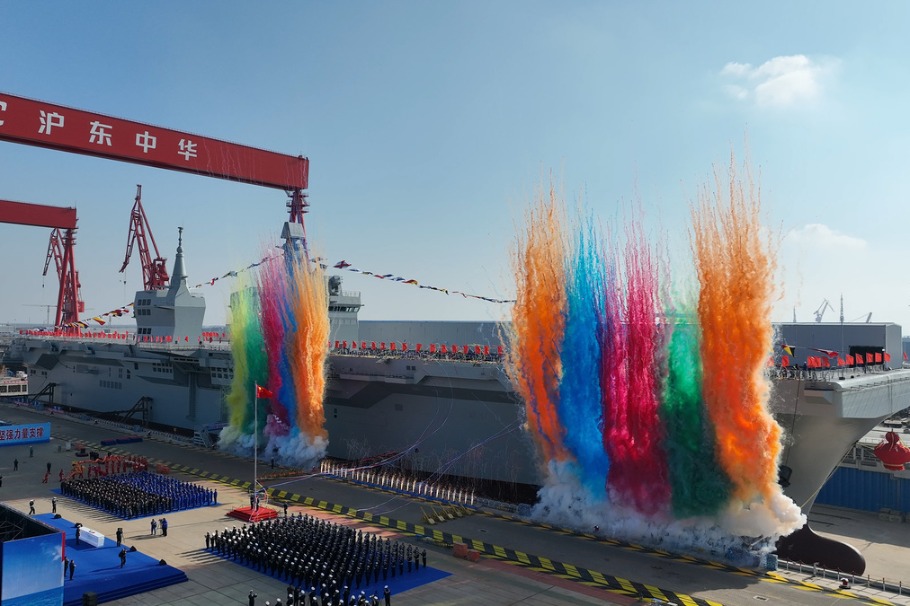Analyzing the illegality and invalidity of the South China Sea Arbitration Awards via six 'whys'
Keynote Speech at the Symposium on "South China Sea Arbitration Awards and International Law"

II. Why is it argued that the arbitral tribunal contravened the law?
The arbitral tribunal disregarded the rules of international law and rendered unlawful decisions, seriously undermining the international rule of law. This is chiefly manifested in six aspects:
First, the arbitral tribunal disregarded the fact that general international law can serve as the legal basis for maritime claims. The preamble of the Convention explicitly states that "matters not regulated by the Convention continue to be governed by the rules and principles of general international law."
Second, the arbitral tribunal disregarded the relationship between the Convention and general international law as outlined in the Convention itself. Although the arbitral tribunal cited Articles 311 and 293 of the Convention to argue that the Convention takes precedence over rules of general international law, Article 311 solely addresses the relationship between the Convention and other treaties, while Article 293 concerns the application of law, neither addressing the Convention's relationship with general international law.
Third, the arbitral tribunal disregarded the well-established rules pertaining to historic rights in general international law.
Fourth, the arbitral tribunal disregarded the long-established régime of continental States' outlying archipelagos in general international law.
Fifth, the arbitral tribunal disregarded the explicit provisions of Article 121 of the Convention and manipulated its wording.
Sixth, the arbitral tribunal disregarded due process and the rule of evidence, such as acting contrary to basic burden of proof requirements, deliberately lowering the standard of proof for the Philippines, making determinations based upon irrelevant, immaterial, or non-probative evidence, and making subjective assumptions about the facts.


































